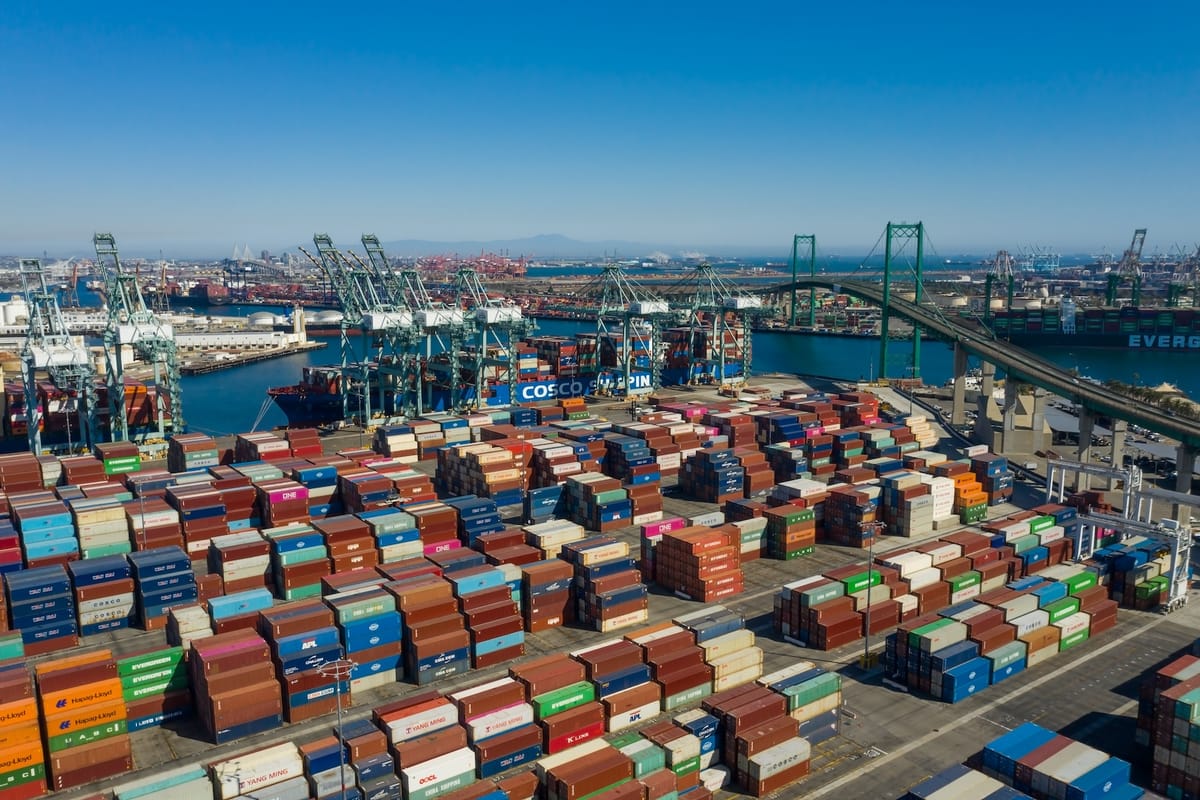

Navigating a Path to Fair Trade
President Donald Trump has made it clear that any potential trade agreement with China depends on Beijing's willingness to address key issues, as tensions escalate in an ongoing trade war. Speaking at a recent event, Trump emphasized that the United States holds the upper hand, with tariffs serving as a tool to push for fairer trade terms. The administration's strategy focuses on reducing the massive trade deficit and addressing long-standing concerns like intellectual property theft and unfair trade practices.
The trade war has intensified in recent weeks, with the U.S. imposing tariffs of 145 percent on most Chinese goods, while Beijing retaliated with 125 percent duties on American products. Despite the escalating tariffs, Trump remains optimistic about reaching a deal, suggesting that China is eager to negotiate but unsure how to proceed. 'China wants to make a deal. They just don’t know how quite to go about it,' Trump said during an April 9 White House event, highlighting Beijing's pride as a factor in negotiations.
Tariffs as Leverage
The administration's tariff strategy is designed to pressure China into making concessions. Treasury Secretary Scott Bessent has expressed confidence that trade tensions could ease soon, noting that about 70 countries have reached out to negotiate tariff terms. 'I expected that there would be de-escalation by both sides in the very near future,' Bessent told investors at a closed-door event in Washington, signaling hope for a resolution. This approach has already shown results, as Trump paused tariff hikes on dozens of nations for 90 days, though China remains a primary focus.
Trump has stressed that any deal with China will not involve tariffs 'anywhere near' 145 percent, indicating flexibility if Beijing cooperates. 'The current tariff rate will come down substantially, but it won’t be zero,' he told reporters on April 22 in the Oval Office. This measured approach underscores the administration's commitment to protecting American interests while leaving room for diplomacy. The trade deficit with China, valued at nearly $600 billion in goods according to 2024 data, remains a driving force behind these policies.
Economic Impacts and Market Reactions
The trade war has had significant effects on markets and industries. U.S. stocks experienced volatility, with the Dow Jones Industrial Average dropping nearly 7 percent in early April after Trump's tariff announcements. However, markets rebounded following Bessent's optimistic remarks, with the Dow surging about 1,000 points and China-connected stocks like Nvidia rising as much as 6 percent. These fluctuations reflect the high stakes of the U.S.-China trade relationship and the market's sensitivity to policy shifts.
Trump's policies aim to bolster American manufacturing and reduce reliance on Chinese imports. The administration has also targeted issues like transshipment, where China bypasses U.S. tariffs by routing goods through third countries. 'Beijing uses the transshipment method to avoid U.S. tariffs,' said Gordon Chang, author of 'The Coming Collapse of China,' in an April 7 interview. By closing these loopholes, the U.S. seeks to level the playing field for American businesses and workers.
Broader Goals and Challenges
Beyond tariffs, Trump's agenda includes curbing China's role in the fentanyl crisis and securing commitments from the 2020 Phase One trade deal. The administration has criticized Beijing for failing to stop the flow of fentanyl precursors, which contribute to over 70 percent of U.S. drug overdose deaths linked to opioids. 'China hopefully is going to stop sending us fentanyl, and if they're not, the tariffs are going to go substantially higher,' Trump stated, tying trade policy to national security concerns.
While negotiations continue, Beijing's reluctance to make significant concessions poses a challenge. Chinese officials have vowed to 'fight to the end' and filed complaints with the World Trade Organization, claiming U.S. tariffs violate international rules. Despite this, Trump's team remains confident. 'They’re playing with a pair of twos,' Bessent said on CNBC, arguing that China's economy is more vulnerable due to its reliance on U.S. markets. This confidence underpins the administration's push for a deal that prioritizes American prosperity.
Dues are $12 per year. Member benefits:
✅ Ad-Free Website Viewing
✅ Advocacy for Republican Seniors
✅ 120+ Senior Discounts
✅ Member Only Newsletters